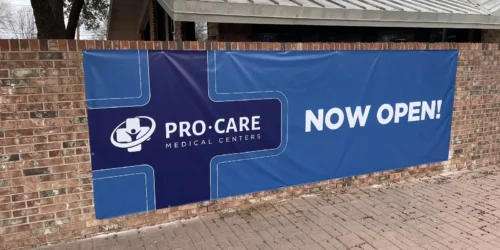
What Causes Headaches
Headaches are when you experience any type of pain in your head, from sharp and stabbing to dull and aching. The characteristics of the headache you are experiencing can help your accident injury doctor to better determine the best course of treatment for you. While it is obvious that a head injury can cause headaches, what is less obvious is how that happens. For example, if you sustain a concussion after playing a game of touch football with friends, that is the direct result of your brain hitting against your skull and bruising. Headaches you get after a concussion may feel different than those you get after a head injury like whiplash, where your headaches may be caused by a pinched nerve or other damage to the vertebrae in your neck.
Your skull and a layer of flexible fluids protect your brain and absorbs the shock as you go about your day. But when a head injury occurs, your brain can get jostled around and even bruise when coming in contact with your skull, causing a traumatic brain injury. Other head injuries can be caused by damage to the bones, muscles, and other soft tissues in your neck. When the vertebrae in your spine or the discs that separate them are out of place, this can cause pain and discomfort as they put pressure on nearby nerves. These nerves will send pain signals to your brain, which can lead to headaches. If you slip, fall, and hit your head, this can cause bruising on the outside of your head and may also harm the muscles in your neck. Muscle pain and discomfort while moving your head from side to side can also be accompanied by headaches.
Symptoms of Head Injuries
There are many types of head injuries and some have specific symptoms that are unique to them, but there are some common signs and symptoms. Physical symptoms of a head injury include headaches, including headaches that get worse over time or a headache that won’t go away. Another sign is if you lose consciousness immediately after the injury occurred, whether only for a few seconds or for a few hours. Some who experience a head injury feel nauseous or even vomit afterward. Other symptoms include dizziness, drowsiness, tenderness, and pain when moving your head like you normally would. There are also some cognitive symptoms that can be common with head injuries, like trouble concentrating or focusing, sensitivity to light and noise, and even mood changes.
Diagnosing Head Injuries
In order to diagnose a head injury, your doctor will want to know more specifically about how the injury occurred and what symptoms you have been experiencing since the accident. A doctor will do a physical examination to gently assess your head and neck and confirm or rule out any cuts or bruises. You will likely also undergo a neurological exam that evaluates your thinking, coordination, senses, and reflexes. Your doctor also may want to use diagnostic imaging tools such as an MRI or CT scan to get a clearer picture of the area and also to rule out other possible diagnoses. For example, if you are experiencing severe, lingering headaches due to car accident injuries, it can be helpful for your doctor to determine whether or not the symptoms you are experiencing are more in line with a concussion or whiplash.
Treating Head Injuries and Headaches
When it comes to headache and head injury treatment, your doctor will want to first determine the proper diagnosis. Once they have determined the type of head injury you are experiencing, your medical history and other risk factors will be taken into consideration when determining which course of treatment is best for you. In addressing the specific injury and root cause of your headache pain, you will be able to experience pain relief from your symptoms as well as from the injury itself. The team at ProCare will work with you to determine the type of head injury treatment best for your specific needs so you can experience a full recovery.



